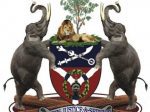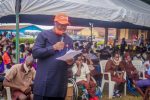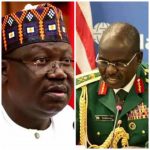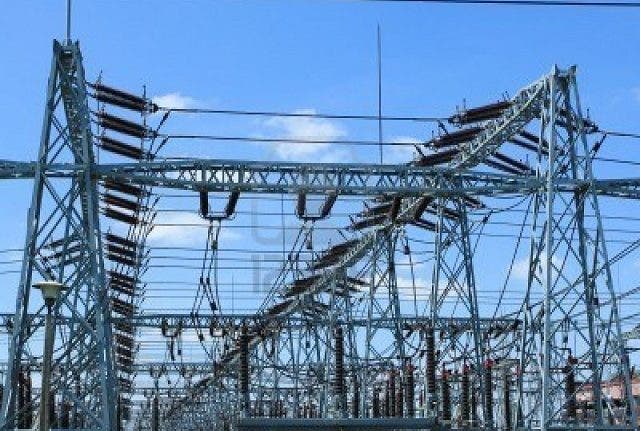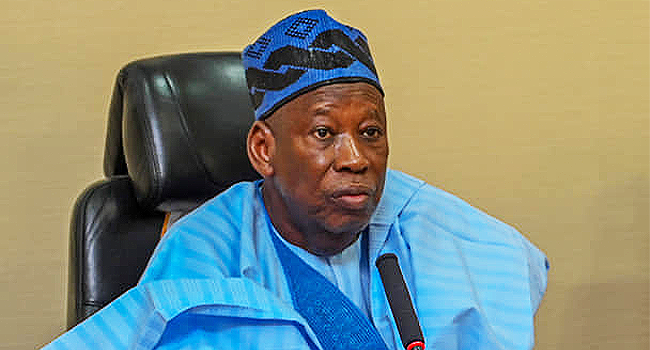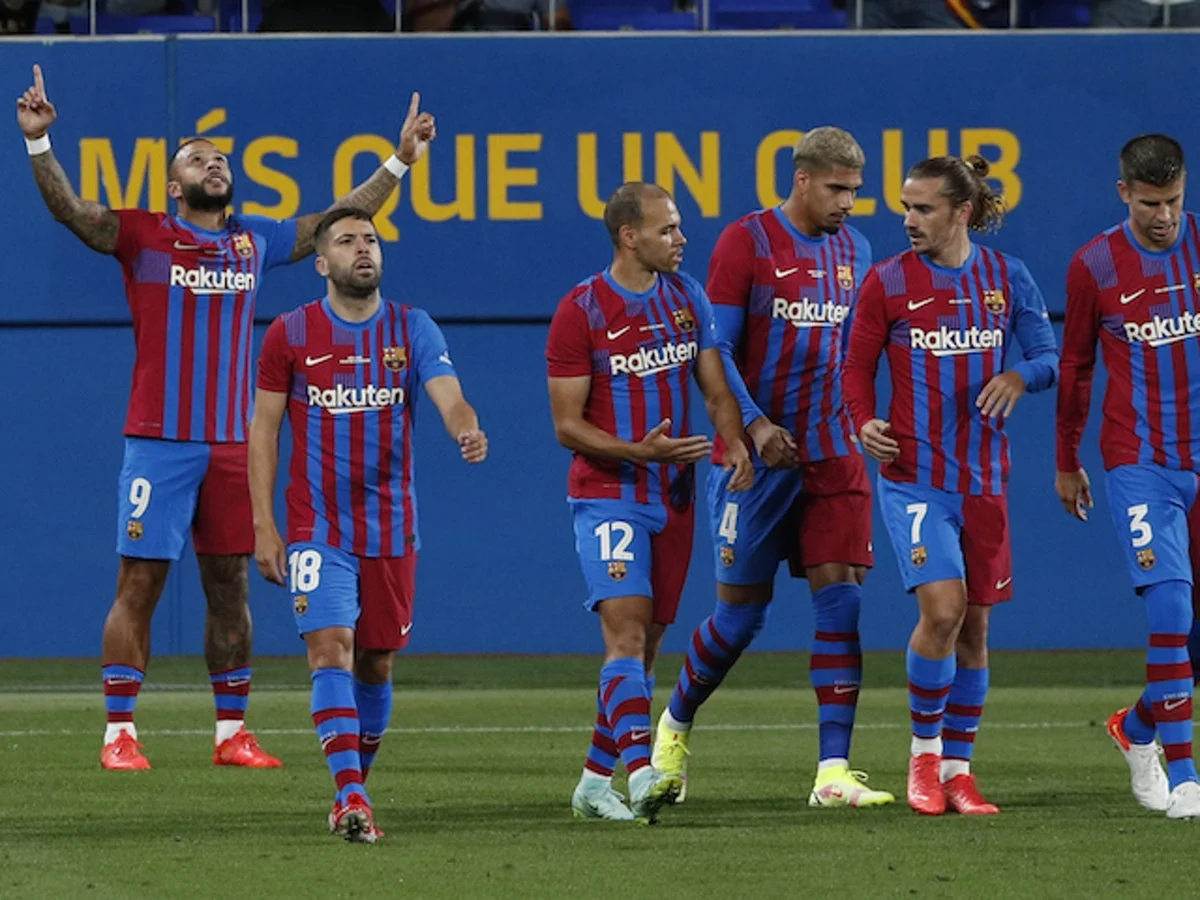By Ademola Yaya
A progressive party advocates for reform and change, putting the common people first. It favours new ideas, policies and tactics that will enhance the living and working conditions of the ordinary people. That was the kind of party we had in the First Republic (1960-1966) with a party like Action Group (AG); Second Republic (1979-1983) with parties like Unity Party of Nigeria (UPN) and People’s Redemption Party (PRP); aborted Third Republic (1989-1993) with Social Democratic Party (SDP); and Fourth Republic (1999-2003) with Alliance for Democracy (AD), National Conscience Party (NCP), Democratic Alternative (DA), among others.
In those epochs, a progressive politician would never ally with his conservative counterpart, as their worldviews on how to move society forward were antithetical. If there would be relationship at all, it would be on a defined micro-issue and for short-term mutual benefits; after all, there is still the Conference of Nigerian Political Parties (CNPP) and the need for cross-party cooperation. Although, the North is no exception in being blessed with progressive politicians like Aminu Kano, Ahmadu Bello, Balarabe Musa and co, the Southern part of Nigeria, especially the South-West, had always been particularly blessed with stupendous progressive politicians and parties who are always in ascendancy despite the presence of conservative parties and politicians.
While Bourgeois political party or multiparty democracy allows anyone to join political party of his/her choice, each party worth its onions has a dominant philosophy that must entail exclusion of characters whose antecedents in politics clearly show incompatibility. Yes, there are always tendencies within every party shades but these are by and large on issues of strategy and tactics, hardly on principles and philosophy. Therefore, a conservative party may have left-of-centre, centrist, far-right and so, on but it is clearly an abomination for it to admit a renowned Communist!
From 2003 till now, things have taken a different turn. Since their formation, apparently as progressive and conservative parties, there has been continuous criss-cross between the APC and PDP to the extent that even the blind can clearly see that the difference between the two parties is six and half-a-dozen. This amalgamation of weird bedfellows has eroded the parties’ clear lines of political principles and practices, not to mention ideology, to such a level that any keen political observer will be very disturbed, if not for any reason than the fact that there is no other party yet that can upstage any candidate presented by APC and PDP at the national level. A victory against them at the state and local levels is rare and isolated.
Under the circumstance, one is more worried about APC that touts itself as a progressive party akin to the personages and ideas of such parties led by Obafemi Awolowo and Aminu Kano in the Second Republic, for instance. However, dilution of APC progressive content began in February 2013 when it was determined to wrestle power in 2015 general election from the ruling PDP at the national level. To construct a formidable formation to actualising this goal, opposition parties like the Action Congress of Nigeria (ACN), Congress for Progressive Change (CPC), All Nigeria Peoples Party (ANPP), a faction of All Progressive Grand Alliance (APGA) and a New Peoples Democratic Party came together to form a brand new party – All Progressives Congress (APC) . APC was so formidable in terms of its alternative progressive programmes and policies and tested leaders that it wrestled power in 2015 general election from the ruling PDP at the national level.
In the new formation – APC – members of the former ruling party – PDP – had joined APC; like Apabio, Amaechi, to mention a few. In the run-up to National Convention for the election of new National Working Committee (NWC) of APC, Yobe State Governor Mai Mala Buni led 13-man Caretaker Committee / Extraordinary National Convention Planning Committee with the mandate to conduct the convention of the party had resolved that membership registration and revalidation in the wards is a precursor for the conduct of a credible National Convention, which has opened a floodgate for new membership. In the process of the registration exercise, ample opportunity avails itself to known key members of the PDP who had been flirting with some APC leaders to officially get married.
Although, everybody is entitled to join political party of his/her choice, these elements are known to be political businessmen who only want a platform for political calculation and for personal interests at the detriment of the people. They will eventually go back to where they naturally belong but not without a dent or destruction of the “Progressive Party” they used as a nest to expeditiously navigate. Examples of such elements abound: Bukola Saraki and Atiku Abubakar are spiky examples. They got married to the APC at its formation but later left to where they naturally belonged – PDP – with debilitating blows to APC before their exit.
The same story of short-sighted and strange admittance into marriage of gladiators representing complete different political realities and praxis, simply for un-altruistic immediate political calculations, is now manifest in Osun, same as Ogun. Nationally, even GEJ and FFK are on the rumour list! It is instructive to note that Osun Gubernatorial election comes up next year – 2022 – like its Ekiti counterpart. However jaundiced and diluted its views, it must be clear to any progressive party that have not completely redefined the word “Progressive” that admittance of certain elements represents a marriage between clear opposites, disparate bedfellows and a mixture of day and night which nature itself abhors.
All the gladiators in APC National must rally to rethink such entries as nothing good or lasting comes out of such marriages except the penny that the foolish pounds greedily convert. For the real progressives within the party, the ensuing scenario calls for a review except they have conceded to the final polarisation of the party and the end of any possible consensus on party issues, especially elective offices either in the party or in the government; accepting that, henceforth, they all must be democratically contested. If so, the die is cast! The voting public in general elections who are watching will then have to decide on the true meaning of PROGRESS, the difference between 6 and half-a-dozen and look deeper for more meaningful choices.


